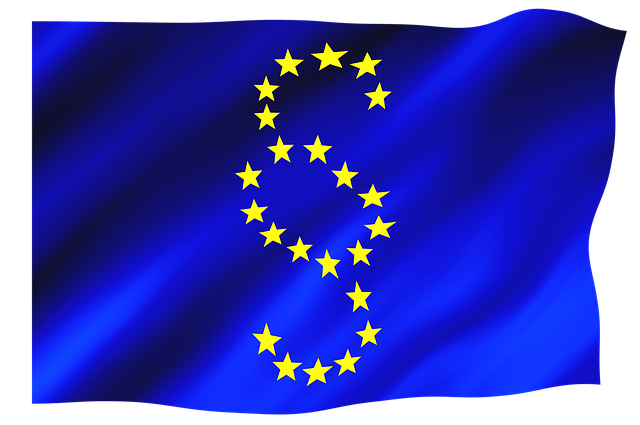Regulatory fraud laws protect consumers, investors, and businesses by demanding proving guilt beyond reasonable doubt through robust evidence. Expert legal counsel is crucial for both sides, as navigating complex regulations and achieving fair outcomes requires meticulous investigation, interpretation, and advocacy. Consequences of regulatory fraud include substantial fines and imprisonment, with regulatory agencies employing various enforcement mechanisms like document reviews, witness interviews, and forensic analyses. Defense strategies vary based on case specifics and available proof.
Regulatory fraud laws are essential tools in combating dishonest practices that undermine the integrity of businesses and governments. This article delves into the intricacies of these laws, focusing on understanding their definitions and key components. We explore the critical role of proof, emphasizing the standard of establishing guilt beyond reasonable doubt. Furthermore, we examine consequences and enforcement mechanisms designed to deter and punish fraud, highlighting the importance of proving guilt in regulatory cases.
- Understanding Regulatory Fraud Laws: Definitions and Key Components
- The Role of Proof: Establishing Guilt Beyond Reasonable Doubt
- Consequences and Enforcement Mechanisms: Deterring and Punishing Fraud
Understanding Regulatory Fraud Laws: Definitions and Key Components
Regulatory fraud laws are designed to protect consumers, investors, and businesses from deceptive practices. Understanding these laws involves grasping key components like intent, material misrepresentations, and harm. At their core, they aim to prove guilt beyond reasonable doubt, ensuring that accusations are backed by strong evidence. This rigorous standard is essential in maintaining public trust in markets and institutions.
Across the country, successful prosecution of regulatory fraud relies on meticulous investigation and compelling presentations during jury trials. Winning challenging defense verdicts requires legal teams to navigate complex regulations, interpret facts objectively, and advocate for their clients’ rights. The balance between holding wrongdoers accountable and ensuring fair processes is delicate, making expert legal counsel indispensable in these cases.
The Role of Proof: Establishing Guilt Beyond Reasonable Doubt
In regulatory fraud cases, the role of proof is paramount. The primary goal is to establish guilt beyond reasonable doubt—a legal standard that requires prosecutors to present compelling evidence that leaves no room for a fair-minded jury to acquit. This high bar is essential in high-stakes cases where the consequences can be severe, including complete dismissal of all charges for his clients.
Proving guilt beyond reasonable doubt involves meticulous investigation, expert analysis, and clear presentation of facts. It necessitates uncovering intricate financial schemes, interpreting complex regulatory language, and demonstrating intentional deception or negligence. The process demands a deep understanding of both the law and the industry at play to ensure that justice is served without undue conviction.
Consequences and Enforcement Mechanisms: Deterring and Punishing Fraud
The consequences of regulatory fraud can be severe, often involving substantial fines, imprisonment, or both. Regulatory agencies and prosecutors employ various enforcement mechanisms to deter and punish fraudulent activities. One key aspect is proving guilt beyond reasonable doubt, which requires robust evidence and a meticulous investigation. This involves extensive document reviews, witness interviews, and forensic analyses to uncover the truth behind alleged violations.
Effective enforcement strategies include administrative actions such as revoking licenses, imposing strict penalties, and requiring corrective measures. In criminal cases, the prosecution must build a strong case by presenting compelling evidence and credible witnesses. Jurors are tasked with deciding guilt based on the presented facts, ensuring fairness and accuracy in the justice system. A well-crafted general criminal defense strategy can sometimes lead to winning challenging defense verdicts, but it ultimately hinges on the specifics of each case and the strength of the available proof.
Regulatory fraud laws are essential tools in safeguarding against deceptive practices, ensuring fair markets, and protecting consumers. By understanding the definitions, key components, and proof requirements, such as establishing guilt beyond reasonable doubt, these laws serve as a robust deterrent. The consequences and enforcement mechanisms play a pivotal role in punishing fraudulent activities, fostering trust, and maintaining integrity within regulated industries.






